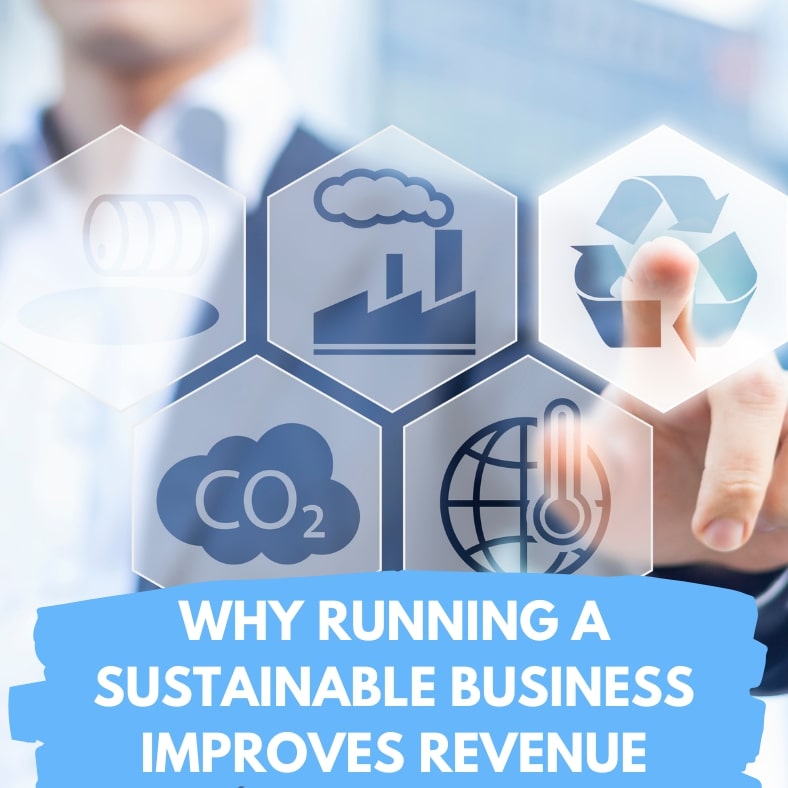Consumers and investors are driving increasing demand for sustainability in the market in response to climate change. Investors are doing so by increasingly seeking accountability and transparency from the businesses they support. As we find new ways to do better business in a sustainability focused environment, now is the time to push for investment in sustainable business practices.
What is a sustainable business practice?
‘Sustainable business practice’ can be a fairly broad, ambiguous, and daunting term. Let’s start by clearly defining what constitutes a sustainable business practice.
A sustainable business practice adheres to, and is driven by a triple bottom line of profit, planet and people. This means that businesses act in a way that equally propagates the economic success of the business, environmental impact mitigation, and ethical treatment of people.
From choosing recyclable materials to electric vehicle fleets, there are many environmentally ethical paths that businesses can choose to invest in. Some innovations to look out for include electric transport, energy efficient lighting, renewable energies, carbon capture and storage, and even hydrogen powered vehicles.
Why is it important for businesses to operate sustainability?
Consumers are said to find brands equally responsible for their impact on the planet as our government. While this might seem like an overstatement, the fact remains that there are a lot more businesses than governments, and thus they must shoulder a fair amount of responsibility for the state of our world today.
In the past, a major roadblock to business sustainability has been the cost. However, by contributing to a push for a greener economy, businesses are able to channel growth and encourage competition in sustainability sectors, thereby driving down the cost of sustainable investments.
How can businesses improve using sustainable business practices?
There are two key ways businesses can improve their sustainability, including the use of digital technologies, and investment in renewable energy.
By utilising digital technology, businesses can reduce paper usage, waste production, and as an added bonus, reduce overhead costs. Digital file management systems are constantly evolving to be more intuitive and reliable than traditional filing systems, so it stands to reason that businesses should be making this move anyway. The environmental benefits of going paperless pair nicely with the economic benefits for your business, reducing the need for paper to be purchased regularly.
Digital files are best stored using cloud based storage systems, which are run using climate neutral servers. Cloud based storage is more preferable, as hard drive systems contribute to e-waste, a waste product which currently makes up about 70% of the planet’s toxic waste.
Renewable energy not only reduces your carbon footprint, it can save you money! By investing in private renewable energy sources such as solar panels, you immediately reduce your spending on energy from power grids. Additionally, having your own source of power means that should the grid go down, your business doesn’t lose money on interrupted operations. Even if you outsource to external renewable energy providers, your energy bill is likely to see a significant decrease.
Conclusion
Accounting for a more sustainable future means striking a balance between economic growth, and environmental impact. Sustainable innovations in terms of product development, delivery and marketing are just a few ways businesses are making a shift towards safeguarding the environment against the effects of climate change.








